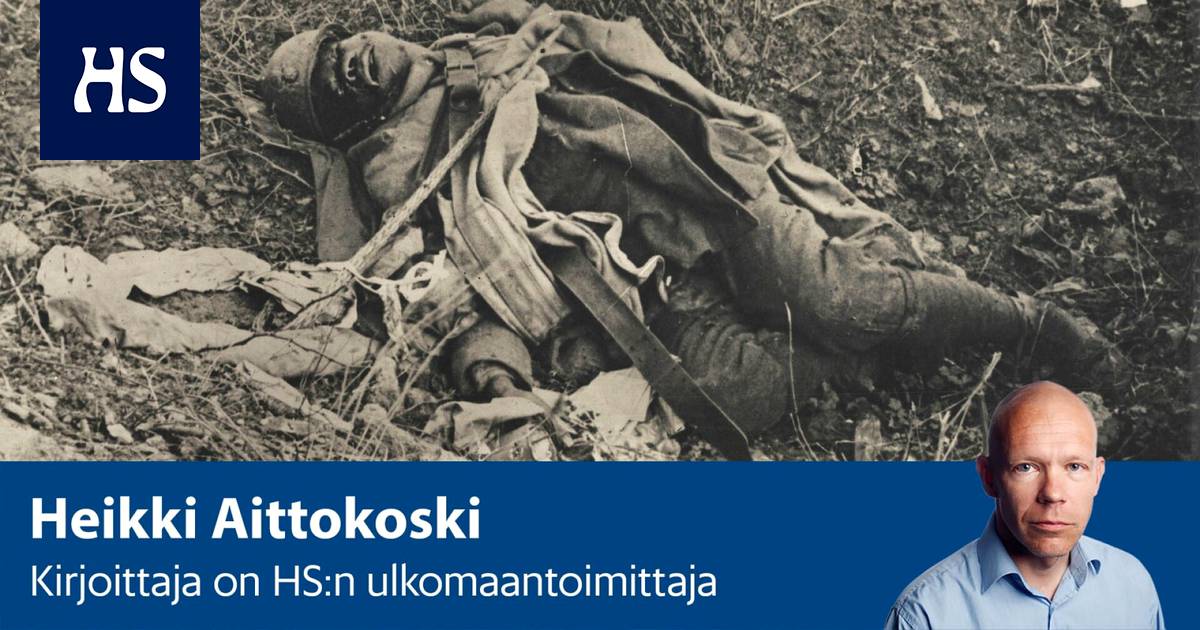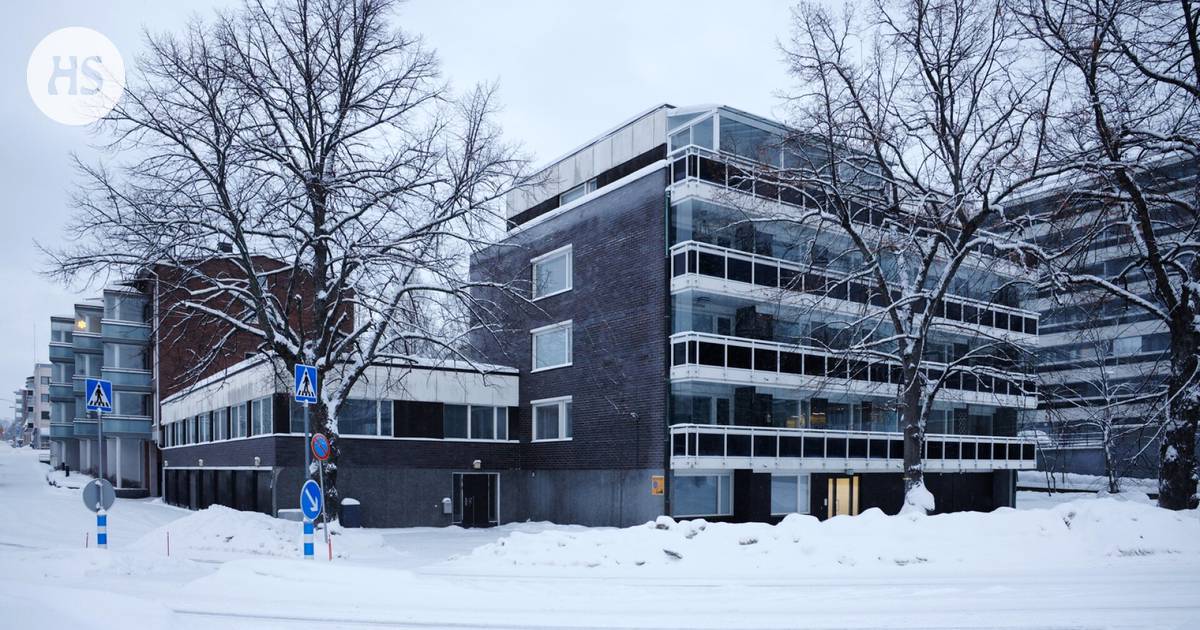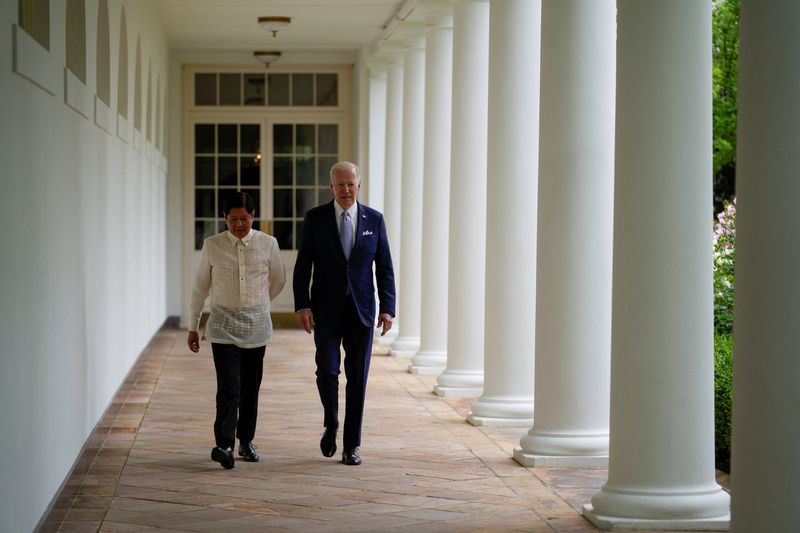Ukraine’s valiant defensive struggle is often compared to the Winter War, but no analogy is without its problems.
If the historian says to stop cultivating those historical parallels, it makes me want to stop and listen.
“There is no analogy between 1914 and the current situation in Ukraine,” Cambridge University professor Christopher Clark said a British newspaper on Sunday of The Guardian in the interview.
Analogy means conformity, correspondence, similarity. People tend to look for analogies from history – the more difficult the modern age is.
The effort is understandable, but it often goes wrong.
“World War I started in an incredibly complicated way,” Clark said. “In the case of the invasion of Ukraine – both in 2014 and this year – it is instead obvious that the peace has been broken by one state.”
Clark if anyone knows what they are talking about. He is probably the world’s leading expert on the early stages of the First World War. He wrote a work published in 2013 The Sleepwalkerswhich could be characterized as a modern classic.
Historian Christopher Clark.
The Sleepwalkers has not been translated into Finnish, but the name would be Sleepwalkers in Finnish. The word refers to the decision-makers of European countries who, as if without realizing it themselves, started the infernal machine of the First World War.
Now the world is not on the brink of a similar abyss, says Clark.
However, the comparison of 1914 has been especially popular in Germany, whose Ukraine policy has been characterized by caution. Germany has certainly helped Ukraine, but the Chancellor Olaf Scholz desperately wants to avoid moves that would widen the conflict and bring Germany into the war.
“I am not Kaiser Wilhelm,” Scholz has said. Wilhelm I was the ruler of Germany before and during World War I.
Read more: “I am not Kaiser Wilhelm”, Chancellor Scholz justifies Germany’s cautious aid to Ukraine – what does he really mean?
Because Germany has been cautious, Scholz’s critics have in turn accused him of a policy of appeasement towards Russia – at the expense of Ukraine.
On February 15, German Chancellor Olaf Scholz (right) traveled to Moscow and tried to appeal to Russian President Vladimir Putin to maintain peace.
Historical consistency has been sought from Munich in 1938, where the British Prime Minister Neville Chamberlain and the Prime Minister of France Édouard Daladier tried to appease the German dictator Adolf Hitler. The trade item was Czechoslovakia.
Nazi Germany leader Adolf Hitler and British Prime Minister Neville Chamberlain (pictured in the background) signed the Munich Agreement at Hitler’s villa in Berchtesgaden in September 1938.
This comparison is also wrong, says historian Clark.
“I do not see [nykytilannetta] not like 1938 either, and Putin is not Hitler.”
There can be many opinions about the latter statement. At least the thousands of cartoonists, image editors and internet meme makers who have portrayed the president during the Russian war of aggression disagree Vladimir Putin as a copy of the Nazi dictator.
On February 25, a Roman protester’s sign signaled that history repeats itself.
Historical ones parallels are impossible to prevent, and why should we. They are a way of trying to bring order to the chaos of thoughts.
There are countless examples of valid and less valid analogies from the past. In 2001, when the people of the United States were shocked by the terrorist attacks of September 11, the point of comparison was found: this is a replica of Pearl Harbor.
Pearl Harbor is remembered for the Japanese surprise attack in December 1941. Thousands of Americans died in the attack, just like in the terrorist attacks of September 2001.
Rescue operations at Pearl Harbor, Hawaii, after the Japanese attack on December 7, 1941.
September 11, 2001 in New York. In an attack by extremist Islamic terrorists, the two towers of the World Trade Center collapsed.
However, analogies should be viewed critically. In the case of Pearl Harbor and September 11, 2001, the similarities lie mainly in the fact that both attacks came as a complete surprise and had the same level of casualties.
Russia has shaken the sense of security of hundreds of millions of people with its brutal war of aggression. Thus, the soil has been particularly suitable for historical comparisons.
In the scariest analogies, we see the threat of a world fire, that is, we would be living through a repeat of the events that follow the year 1914 or 1939. It is precisely these parallels that the historian Clark tried to combat, because there is really no cover for them.
If it were to happen so unhappily that the war in Ukraine would expand into a major war, it would happen by a completely different mechanism than in the world wars of the 20th century.
Ukrainian the brave and justified defensive struggle has fortunately raised even more positive analogies.
One of the most common is the comparison with the Finnish winter war.
Finnish soldiers in the terrain of Saija in February 1940.
Ukrainian soldiers buried their comrade Ivan Kerdman, who fell on the front, in Lviv in mid-June.
The Winter War analogy does not need to be explained separately to Finns, and the setting is also easy to understand internationally: David versus Goliath.
In the winter of 1939–40, tiny Finland fought against the huge Soviet Union, in the same way that Ukraine is now fighting against the overwhelming Russia. The aggressor in both cases was the same aggressive superpower. The name has changed, the methods of operation have not.
However, the Winter War analogy is not without its problems.
First of all, Finland unfortunately eventually lost the war. I hope it will be better for Ukraine.
Second, Finland was much more alone than Ukraine. Although Ukraine has to fight alone and make immense sacrifices, it still has an unprecedentedly powerful front behind it and supporting it.
For meanwhile, Vladimir Putin continues to construct his own analogies.
Putin’s analogies tend to be hazy. He has also justified the current war of aggression by saying that the current government in Ukraine is a copy of Nazi Germany. According to Putin’s propaganda, a genocide was taking place in Donbas, and Ukraine must be “denazified”.
The Russian analogy of “Nazi Ukraine” is not disturbed by facts such as the fact that the president of Ukraine Volodymyr Zelenskyi is actually Jewish.
Putin’s long reign has been marked by the abuse of history, which has only become more blatant over the years. Putin justified his war of aggression with both written and televised history lectures, the core messages of which included the fact that Ukraine should not really exist.
“Putin lives in historical analogies”, Bulgarian political scientist Ivan Krastev stated Saksalaislehti in March Der Spiegel in the interview.
“For Putin, Russia has ceased to be a country in the traditional sense; it is a kind of historical, millennial creature.”
Vladimir Putin the latest historical analogy is illustrative: he equates himself with the Tsar to Peter Iwhich is also referred to as “Big”.
in Russia let’s remember Tsar Peter (1672–1725) working hard right now because it is 350 years since his birth. At the beginning of June, Putin also visited the city of St. Petersburg for a festive exhibition.
The city of St. Petersburg is Putin’s hometown, which was founded by Czar St. Petersburg at the time. Putin admires Tsar Petersburg because he conquered vast territories for Russia.
“He returned them [Venäjälle] and strengthened them,” Putin stated From the coastal areas of the Baltic Sea, i.e. above all from the Baltics.
Then he continued with a smile: “Well, most obviously it has become our task to restore and strengthen.”
Putin didn’t even try to hide his analogy: he is a strong tsar expanding Russia’s territories.
The reason for this is that the wars of the early 18th century were extremely cruel. Russia also literally made the Baltics and Finland lifeless. The occupying forces burned, robbed and raped.
This leads us to an analogy describing Russia’s current activities, which is quite valid.
Tsar Peter I in the jubilee poster in St. Petersburg at the beginning of June.
#History #eve #World #War #Putin #compared #Hitler #careful #comparing #history









